
Beitostølen: Norway's Alpine Gem
Nestled in the heart of Norway, Beitostølen is a charming village known for its stunning alpine scenery and outdoor adventures. Located at the gateway to the Jotunheimen National Park, this destination is perfect for those who love nature and the great outdoors. Whether you're visiting in winter or summer, Beitostølen offers a variety of activities that cater to all ages and skill levels. In the winter months, Beitostølen transforms into a winter wonderland. The village is renowned for its excellent skiing and snowboarding facilities, with slopes suitable for both beginners and advanced enthusiasts. Cross-country skiing trails are also abundant, offering breathtaking views of the surrounding mountains. For a unique experience, try dog sledding or snowshoeing through the pristine snow-covered landscape. Summer in Beitostølen is equally enchanting. The area boasts numerous hiking trails that lead you through lush forests, past crystal-clear lakes, and up to panoramic viewpoints. Mountain biking and fishing are popular activities, and the nearby river offers opportunities for thrilling rafting adventures. The village itself is quaint and welcoming, with cozy cafes, local shops, and friendly residents. Beitostølen is not just about outdoor activities; it also has a rich cultural heritage. The local church, built in traditional Norwegian style, is a testament to the area's history. Throughout the year, various festivals and events showcase local music, dance, and crafts, giving visitors a taste of Norwegian culture.
Local tips in Beitostølen
- Visit in early December or late February for fewer crowds and excellent skiing conditions.
- Bring layers of clothing; weather can change quickly in the mountains.
- Try local dishes like trout and reindeer at village restaurants for an authentic Norwegian experience.
- Book accommodations in advance, especially during peak seasons.
- Explore the Jotunheimen National Park for some of the best hiking trails in Norway.
Beitostølen: Norway's Alpine Gem
Nestled in the heart of Norway, Beitostølen is a charming village known for its stunning alpine scenery and outdoor adventures. Located at the gateway to the Jotunheimen National Park, this destination is perfect for those who love nature and the great outdoors. Whether you're visiting in winter or summer, Beitostølen offers a variety of activities that cater to all ages and skill levels. In the winter months, Beitostølen transforms into a winter wonderland. The village is renowned for its excellent skiing and snowboarding facilities, with slopes suitable for both beginners and advanced enthusiasts. Cross-country skiing trails are also abundant, offering breathtaking views of the surrounding mountains. For a unique experience, try dog sledding or snowshoeing through the pristine snow-covered landscape. Summer in Beitostølen is equally enchanting. The area boasts numerous hiking trails that lead you through lush forests, past crystal-clear lakes, and up to panoramic viewpoints. Mountain biking and fishing are popular activities, and the nearby river offers opportunities for thrilling rafting adventures. The village itself is quaint and welcoming, with cozy cafes, local shops, and friendly residents. Beitostølen is not just about outdoor activities; it also has a rich cultural heritage. The local church, built in traditional Norwegian style, is a testament to the area's history. Throughout the year, various festivals and events showcase local music, dance, and crafts, giving visitors a taste of Norwegian culture.
When is the best time to go to Beitostølen?
Iconic landmarks you can’t miss
Radisson Blu Mountain Resort, Beitostølen
Discover the perfect blend of luxury and adventure at Radisson Blu Mountain Resort, Beitostølen - your gateway to Norway's breathtaking landscapes.

Beitostølen Resort
Experience the majestic beauty and thrilling adventures of Beitostølen Resort, the ultimate destination for winter sports and nature lovers in Norway.
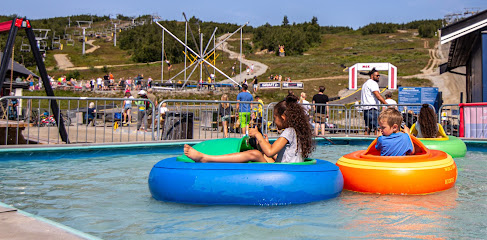
Bergo Hotel
Discover the charm of Bergo Hotel in Beitostølen, your cozy retreat amidst Norway's breathtaking landscapes and outdoor adventures.
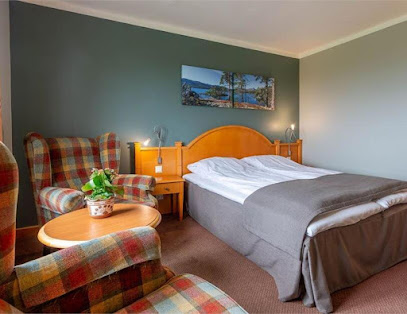
Beitostølen Skiheiser
Discover the ultimate winter adventure at Beitostølen Ski Resort, where stunning slopes and breathtaking views await skiers and snow lovers alike.
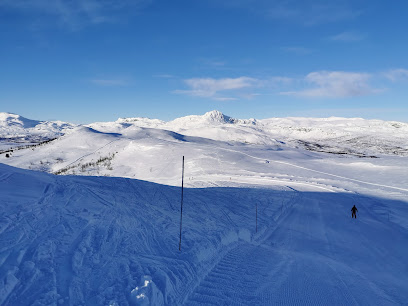
Bryggerihuset AS (Brew House)
Experience the best of Norwegian craft beers and local cuisine at Bryggerihuset AS, the ultimate brew house in Beitostølen.
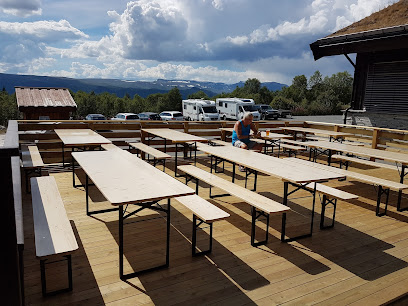
Steinplassen
Experience breathtaking views at Steinplassen, a stunning vista point in Beitostølen, Norway, perfect for nature lovers and adventure seekers.
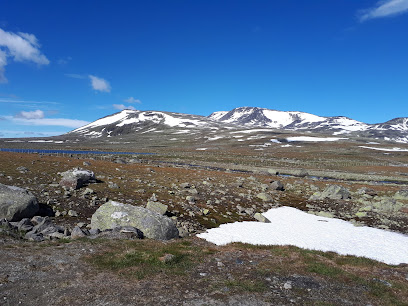
Bitihorn
Discover Bitihorn, a breathtaking peak in Beitostølen, Norway, where adventure meets stunning natural beauty for an unforgettable experience.
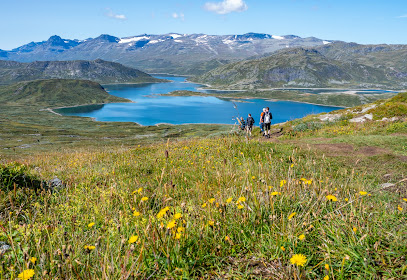
Beitostølen stadion
Discover the excitement of Beitostølen Stadion, where sports, nature, and stunning landscapes converge for an unforgettable experience in Norway.
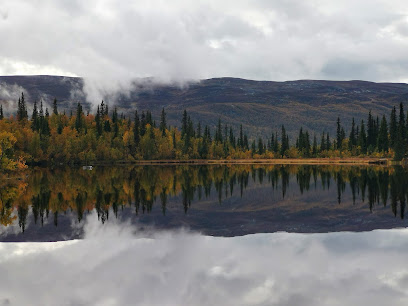
Lyskapellet
Discover the tranquility of Lyskapellet in Beitostølen, Norway, a captivating chapel surrounded by stunning landscapes and a serene atmosphere.
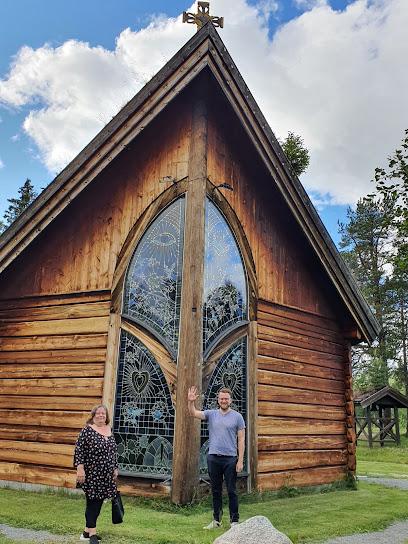
Beitostølen Mountain Park
Experience the breathtaking beauty of Beitostølen Mountain Park, a perfect blend of adventure and relaxation in Norway's stunning landscapes.
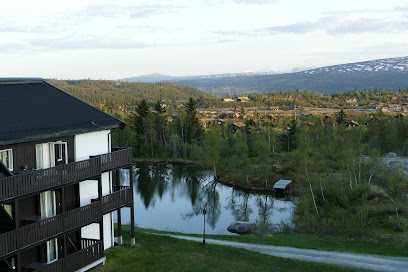
Beitostølen Tourist
Explore the stunning landscapes and thrilling adventures of Beitostølen, Norway, from the local Tourist Information Center.
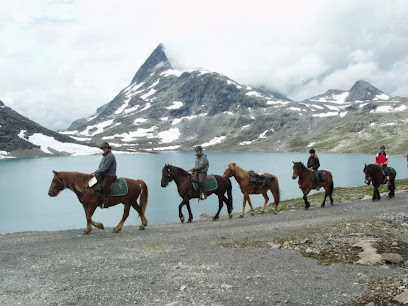
Bitihorn Rest Stop
Experience breathtaking views and serene landscapes at Bitihorn Rest Stop, a must-visit oasis for travelers in Beito, Norway.
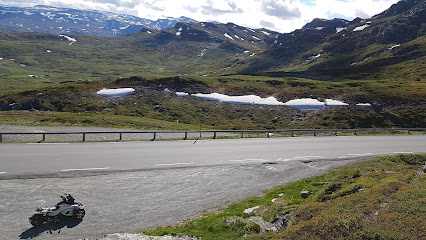
Riddergaarden
Discover Riddergaarden: A serene holiday apartment rental in Beitostølen, perfect for outdoor adventures and cozy retreats in the heart of Norway.

Start hiking trail Synshorn
Discover the stunning Synshorn hiking trail in Beitostølen, a paradise for nature lovers and adventure seekers, offering breathtaking mountain views and wildlife encounters.
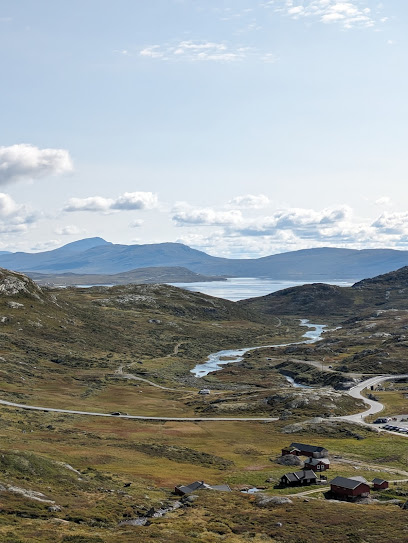
Beitostølen Sommerpark
Experience the thrill of summer at Beitostølen Sommerpark, where outdoor adventures, breathtaking views, and family fun await in the heart of Norway.
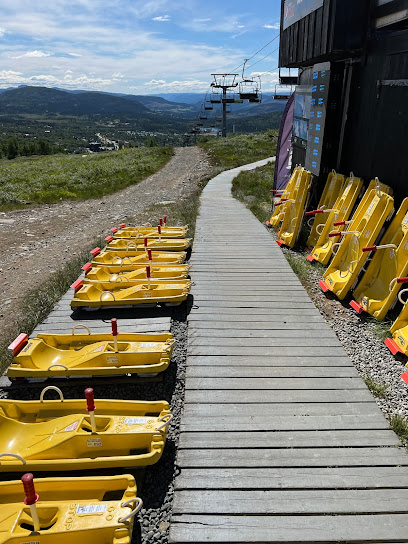
Unmissable attractions to see
Langedrag Nature Park
Explore the enchanting Langedrag Nature Park, where wildlife encounters and breathtaking landscapes await in the heart of Norway.
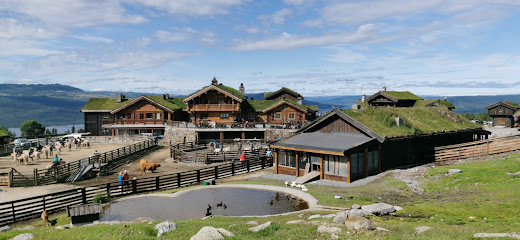
Beitostølen Resort
Discover the enchanting Beitostølen Resort, a perfect blend of winter sports and summer adventures in the breathtaking Norwegian wilderness.
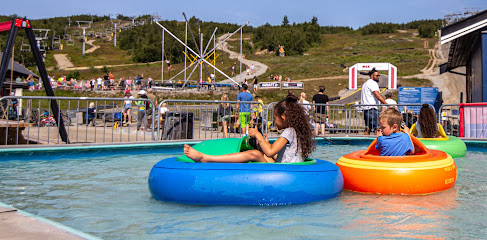
Beitostølen Skiheiser
Explore Beitostølen Skiheiser, Norway's premier ski resort offering thrilling slopes, stunning mountain views, and cozy alpine charm for an unforgettable winter getaway.
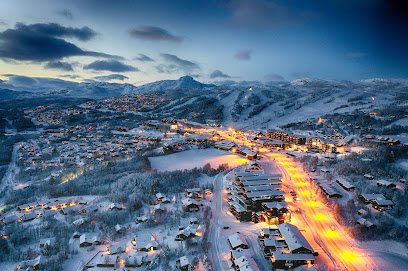
Valdres Folkemuseum
Immerse yourself in Norwegian culture at Valdres Folkemuseum, a captivating open-air museum showcasing the rich heritage of the Valdres region.
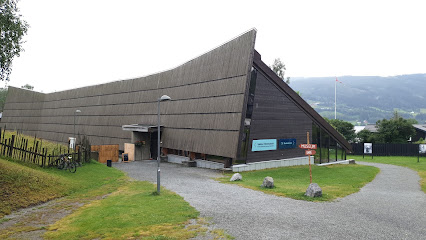
Beito Husky Tours AS
Experience the thrill of dogsledding and kayaking in Norway's breathtaking wilderness with Beito Husky Tours, your adventure awaits!
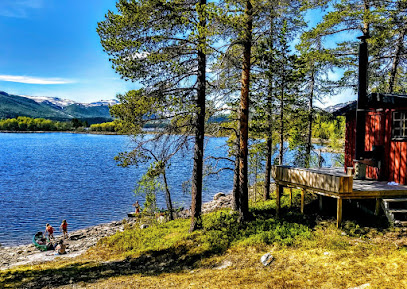
Steinplassen
Discover Steinplassen, a breathtaking vista point in Norway, renowned for its panoramic views and natural beauty in the Valdresflye region.
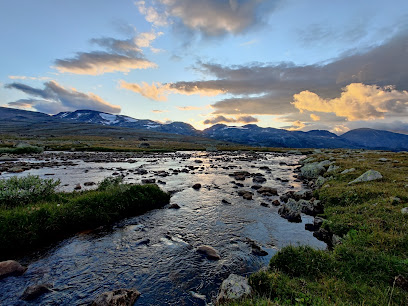
Lomen Stave Church
Explore the stunning Lomen Stave Church, a masterpiece of Norwegian stave architecture and a serene place of reflection amid breathtaking landscapes.
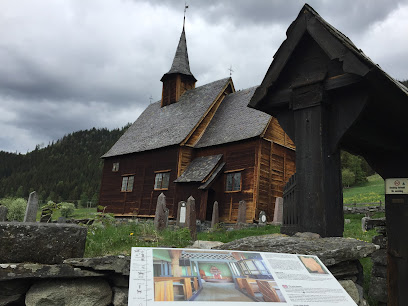
Hulderstigen
Explore the enchanting trails of Hulderstigen in Tessanden, Norway, where breathtaking landscapes and rich wilderness await your discovery.
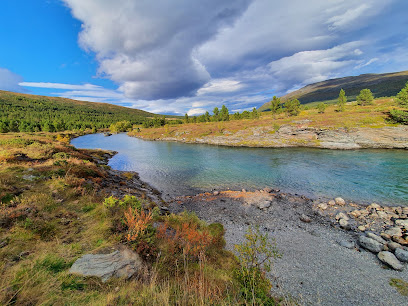
Bitihorn
Discover the breathtaking views and exhilarating hikes at Bitihorn, a must-visit peak in Norway's stunning landscape.
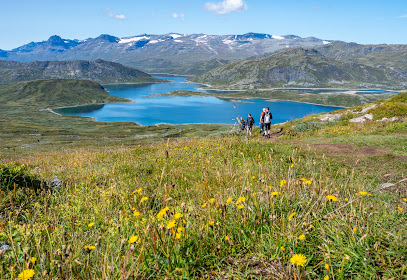
Stuttgongfossen
Experience the stunning beauty of Stuttgongfossen Waterfall in Tessanden, Norway, a breathtaking natural wonder perfect for adventure and tranquility.
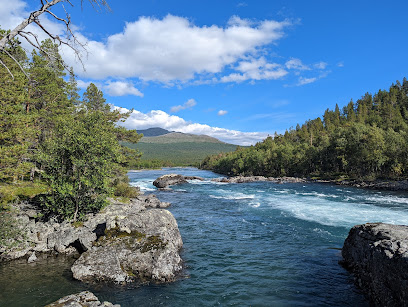
Raudalen Alpinsenter
Discover the exhilarating slopes and breathtaking views at Raudalen Alpinsenter, a top ski resort nestled in the heart of Norway's stunning landscape.
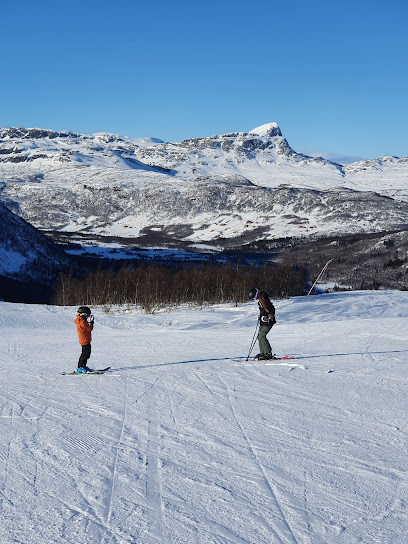
Toppen av Slettefjell
Explore Toppen av Slettefjell, a breathtaking hiking area in Vang, Norway, featuring stunning views and diverse trails for all skill levels.
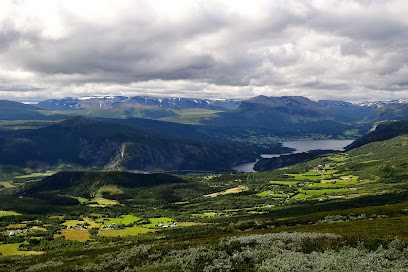
Beitostølen Aktiv & Skiskole AS
Explore year-round outdoor adventures at Beitostølen Aktiv & Skiskole - skiing, hiking, and rock climbing in Norway's stunning landscapes.
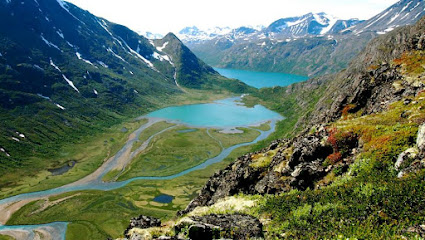
Kulufossen
Explore the breathtaking Kulufossen Waterfall in Ål, Norway – a stunning natural gem perfect for nature lovers and adventure seekers alike.
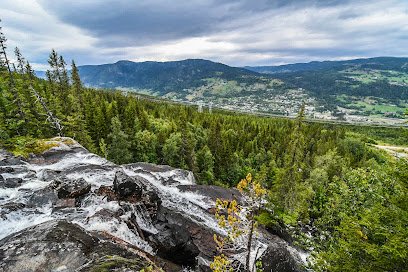
Haugastøl
Discover the enchanting beauty of Haugastøl, Norway, where adventure meets tranquility amidst breathtaking landscapes.
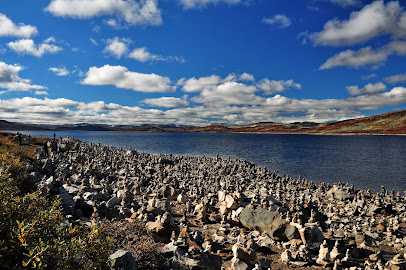
Essential places to dine
Radisson Blu Mountain Resort, Beitostølen
Discover unparalleled luxury and breathtaking scenery at Radisson Blu Mountain Resort, Beitostølen – your perfect mountain escape in Norway.

Peppes Pizza - Beitostølen
Savor delicious pizza at Peppes Pizza in Beitostølen - perfect for families and adventurers alike!
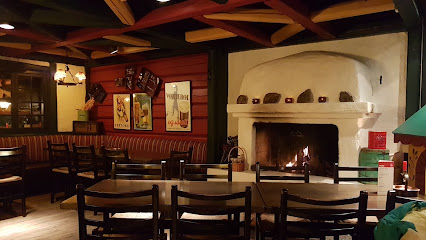
Beitostølen Resort
Experience year-round adventure at Beitostølen Resort – Norway’s ultimate destination for skiing, hiking, and relaxation amidst stunning landscapes.
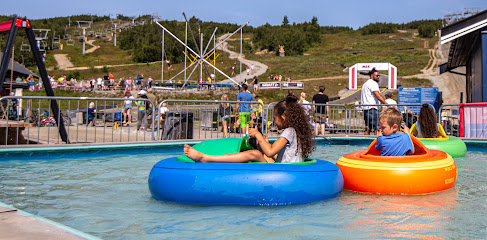
Bergo Hotel
Discover the serene beauty of Beitostølen at Bergo Hotel – your gateway to outdoor adventures and cozy comfort.
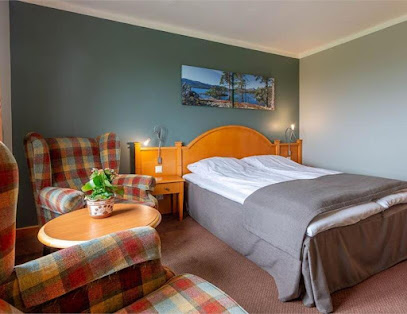
DNT Flye 1389
Discover comfort and delicious cuisine at DNT Flye 1389, your perfect café retreat in beautiful Beitostølen.
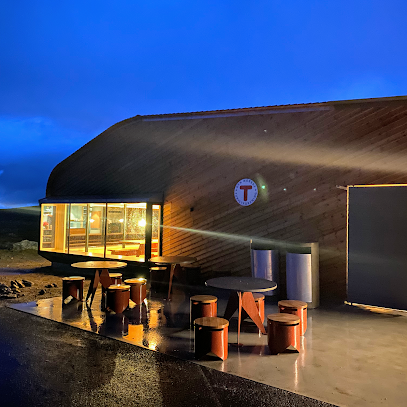
Steaks & Bones - Huset
Experience culinary excellence at Steaks & Bones - Huset in Beitostølen, where mouthwatering steaks meet warm hospitality.
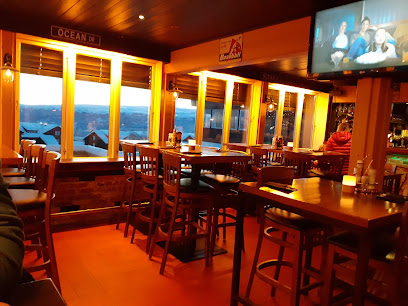
Herangtunet Boutique Hotel Norway
Discover tranquility at Herangtunet Boutique Hotel in Norway – where cozy accommodations meet exquisite Norwegian cuisine amidst stunning landscapes.
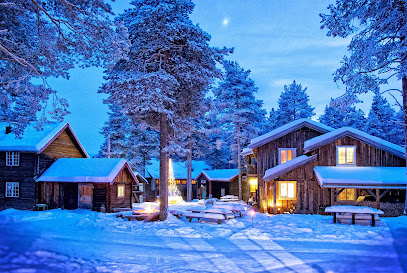
Jotunstogo AS
Experience authentic Norwegian cuisine at Jotunstogo AS in Beitostølen – where local flavors meet warm hospitality.
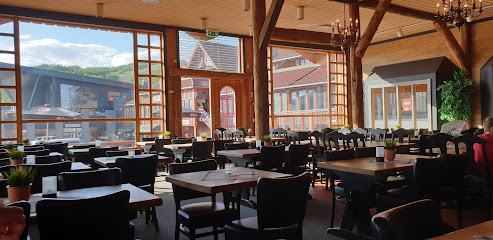
Hytta Mat & Vinhus
Experience authentic Norwegian cuisine amidst stunning mountain views at Hytta Mat & Vinhus in Beitostølen.
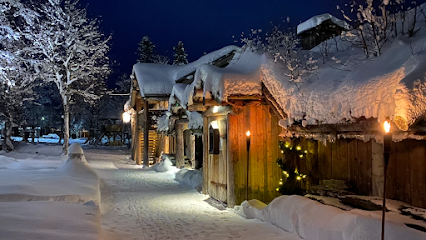
Bryggerihuset AS (Brew House)
Discover Bryggerihuset AS - Your premier brew house in Beitostølen, featuring exquisite craft beers and delicious meals with stunning mountain views.
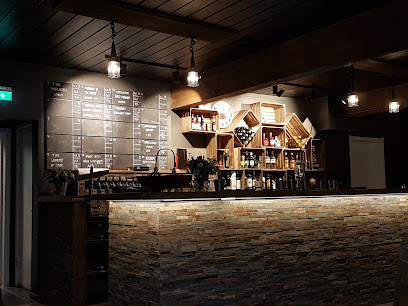
Lodge 900
Experience authentic Norwegian cuisine at Lodge 900 in Beitostølen – where tradition meets innovation amidst breathtaking landscapes.
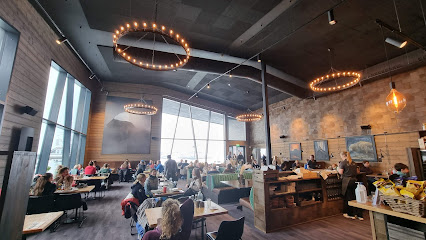
Caféen Beitostølen
Experience authentic Norwegian cuisine amidst stunning mountain views at Caféen Beitostølen—a culinary gem in Norway's beautiful landscape.
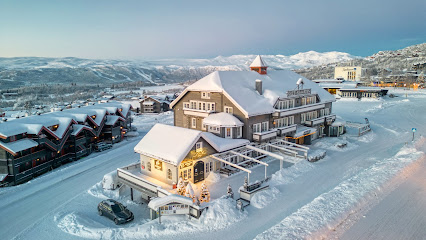
Grønolen Fjellgard
Experience authentic Norwegian hospitality at Grønolen Fjellgard—your serene escape in Beito's stunning mountain landscape.
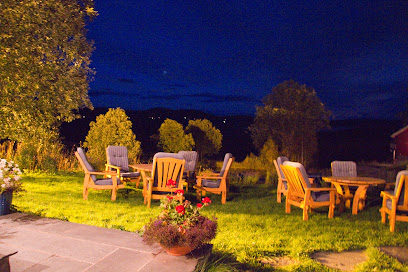
Svingen Pub
Discover the lively ambiance of Svingen Pub in Beitostølen - your go-to spot for local brews and unforgettable nights out.
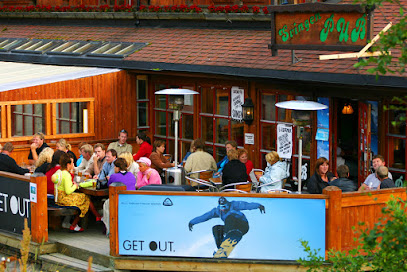
Gjestegaarden
Discover the charm of Gjestegaarden in Beitostølen - your perfect holiday apartment surrounded by nature's beauty.
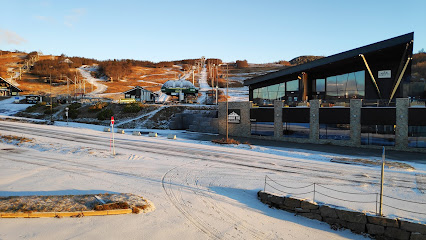
Markets, malls and hidden boutiques
Radisson Blu Mountain Resort, Beitostølen
Discover the Radisson Blu Mountain Resort, Beitostølen – your perfect getaway for adventure and relaxation in Norway's stunning wilderness.

Beitostølen Resort
Discover the enchanting Beitostølen Resort, where breathtaking landscapes meet thrilling outdoor adventures year-round.
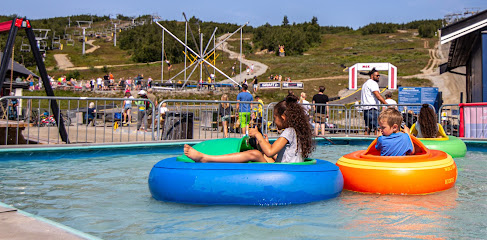
Kiwi Beitostølen
Explore Kiwi Beitostølen for a delightful selection of local groceries and essentials in the heart of Norway's scenic beauty.
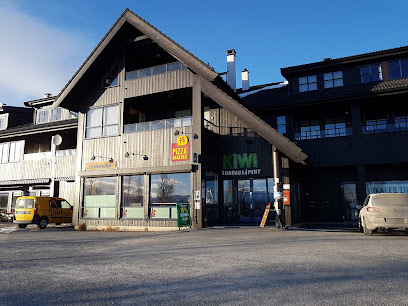
SPAR Beitostølen
Discover the convenience and variety at SPAR Beitostølen, your essential grocery stop in the scenic heart of Norway.
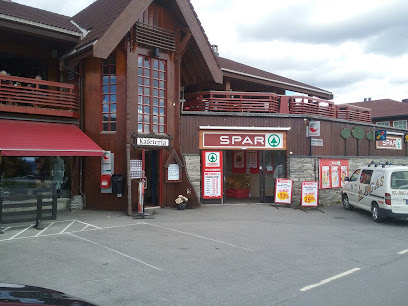
Bergo Hotel
Discover the warmth and comfort of Bergo Hotel, your perfect base for exploring the breathtaking landscapes of Beitostølen, Norway.
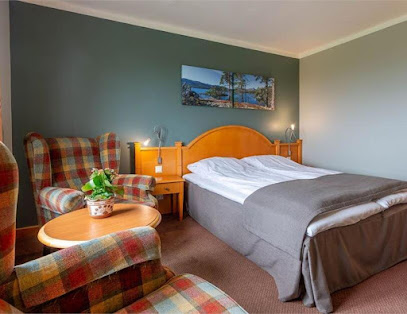
Beitostølen Skiheiser
Discover Beitostølen Skiheiser, Norway's premier ski resort offering stunning slopes and winter adventures for all skill levels.
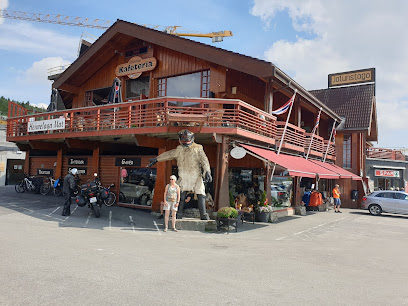
Coop Prix Beitostølen
Discover quality groceries and local products at Coop Prix Beitostølen, your essential shopping destination in the heart of Norway's beautiful countryside.
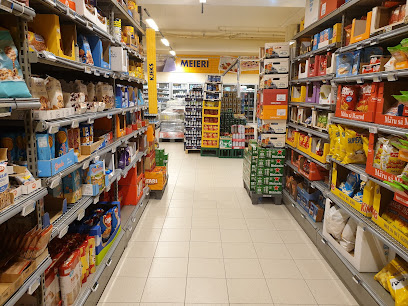
INTERSPORT
Explore Beitostølen with INTERSPORT: Your ultimate hub for quality sports gear and outdoor apparel.
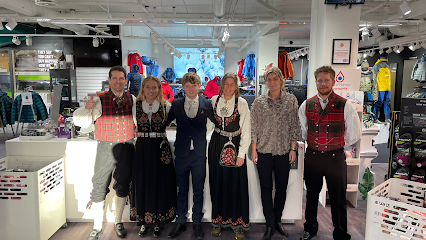
Sporten Beitostølen AS
Explore the great outdoors of Norway with top-quality gear from Sporten Beitostølen AS, your one-stop shop for adventure!
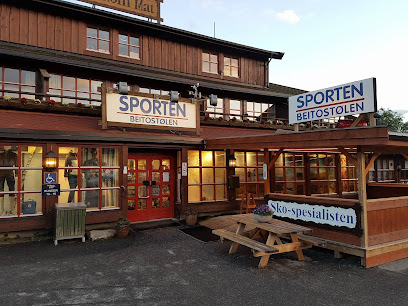
Vinmonopolet
Explore Norway's rich cultural heritage through unique beverages at Vinmonopolet, the country's premier alcohol retail monopoly in Beitostølen.
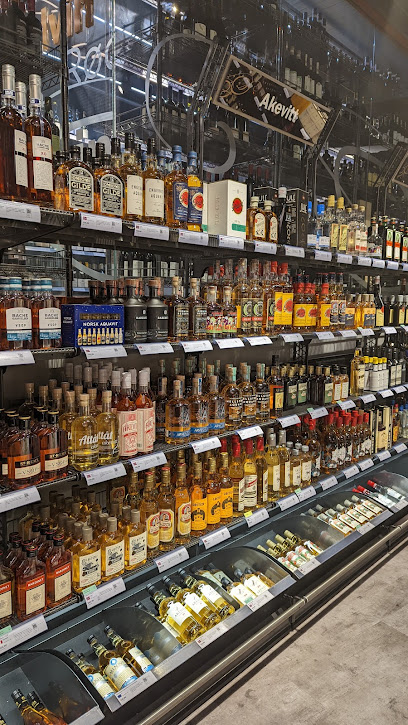
Sport 1 Beito
Explore Beitostølen's outdoor adventure with Sport 1 Beito, your ultimate sporting goods destination for all your adventure needs.
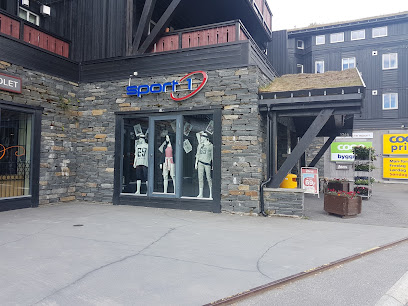
Casa Montagna
Discover the flavors of Norway with exquisite dishes and a warm atmosphere at Casa Montagna in Beitostølen.
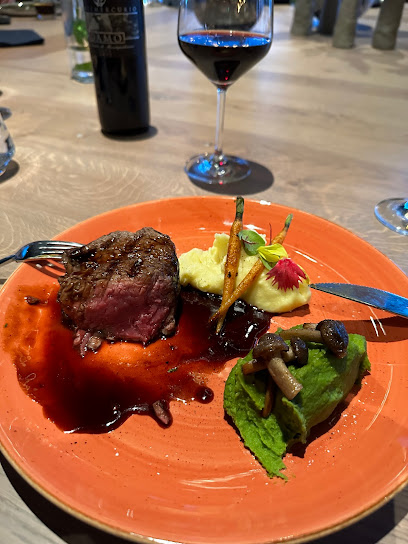
Beitostølen Tourist
Discover the beauty of Beitostølen at the Tourist Information Center – your gateway to adventure in Norway's breathtaking landscapes.
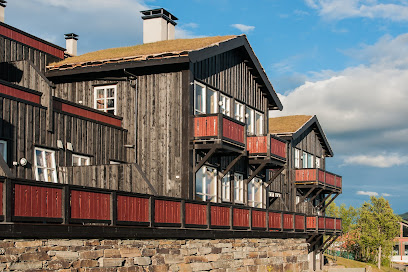
Riddergaarden
Discover Riddergaarden: Your perfect holiday apartment rental in Beitostølen, Norway, surrounded by breathtaking nature and outdoor adventures.

Stølstunet Kjøpesenter Beitostølen
Discover the charm of Stølstunet Kjøpesenter in Beitostølen, where shopping meets the beauty of the Norwegian mountains.
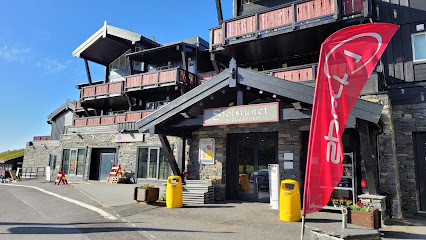
Essential bars & hidden hideouts
Radisson Blu Mountain Resort, Beitostølen
Discover the ultimate alpine getaway at Radisson Blu Mountain Resort, Beitostølen, where luxury meets adventure in stunning Norway.

Peppes Pizza - Beitostølen
Discover the taste of Italy in the heart of Norway at Peppes Pizza, where delicious flavors meet a cozy atmosphere in Beitostølen.
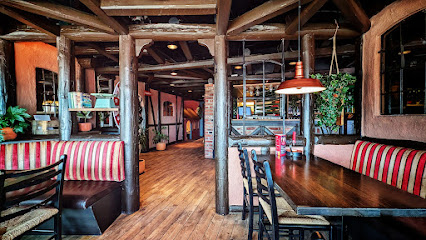
Beitostølen Resort
Experience the beauty of Norway at Beitostølen Resort, where adventure meets relaxation in a breathtaking alpine setting.
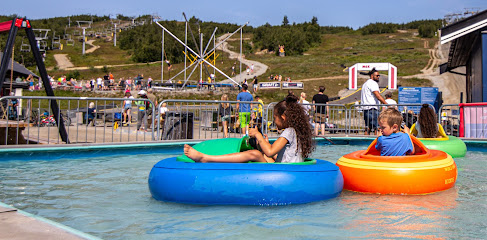
Steaks & Bones - Huset
Experience the best steak in Beitostølen at Steaks & Bones - Huset, where culinary excellence meets a cozy atmosphere.
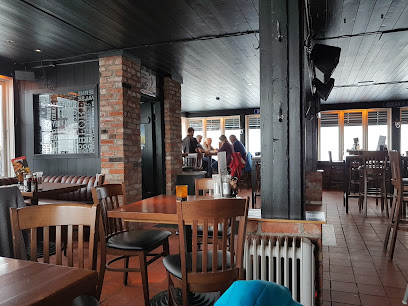
Sekskanten Kro og Pub
Discover the flavors and vibrant atmosphere of Sekskanten Kro og Pub in Røn, where every meal is a taste of local culture.
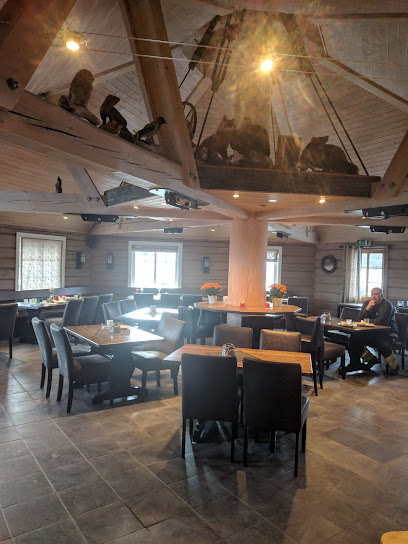
Jotunstogo AS
Experience exquisite dining in the heart of Beitostølen at Jotunstogo AS, where local flavors meet cozy ambiance.
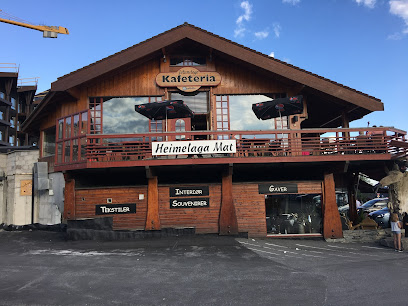
Hytta Mat & Vinhus
Experience authentic Norwegian dining at Hytta Mat & Vinhus, a cozy restaurant in Beitostølen offering locally-sourced dishes and fine wines.
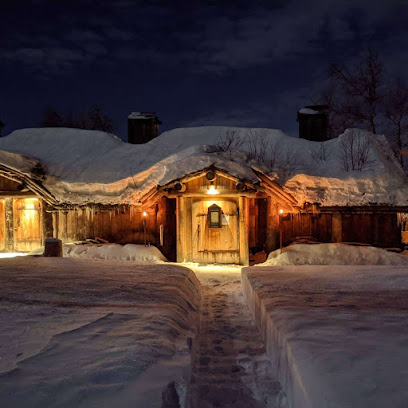
Bryggerihuset AS (Brew House)
Experience the charm of Bryggerihuset AS in Beitostølen, where exquisite dining meets vibrant nightlife and local brews.
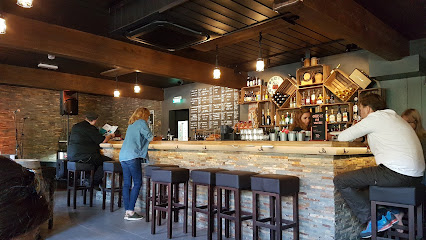
Lodge 900
Discover the culinary delights of Lodge 900 in Beitostølen, where local flavors meet stunning mountain views for an unforgettable dining experience.
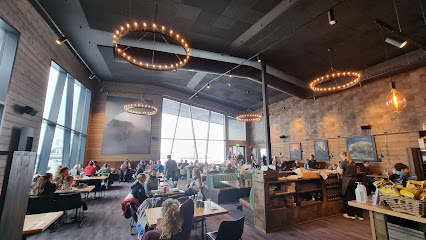
Caféen Beitostølen
Discover the flavors of Norway at Caféen Beitostølen, a cozy restaurant offering delicious local cuisine in a stunning alpine setting.
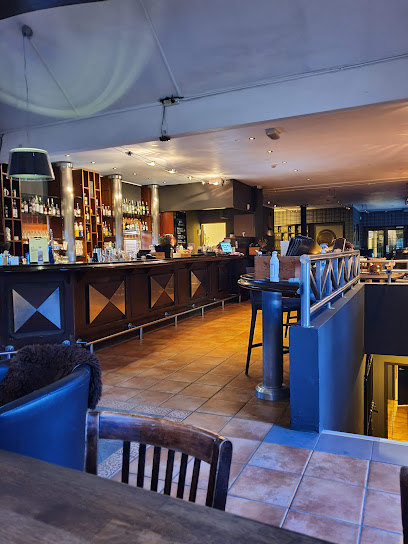
Svingen Pub
Discover the charm of Svingen Pub in Beitostølen, where great drinks and a friendly atmosphere await you after your adventures.
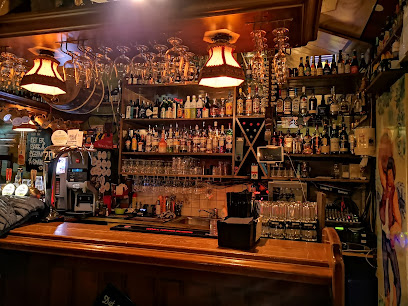
Pizzabakeren Beitostølen
Experience mouthwatering pizzas at Pizzabakeren Beitostølen, the perfect dining spot for tourists amidst breathtaking Norwegian landscapes.
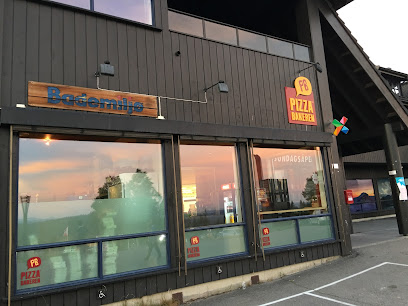
Cesar's Restaurant & bar
Discover the enchanting flavors of Norwegian cuisine at Cesar's Restaurant & Bar in Beitostølen, where every meal is a celebration of local ingredients.
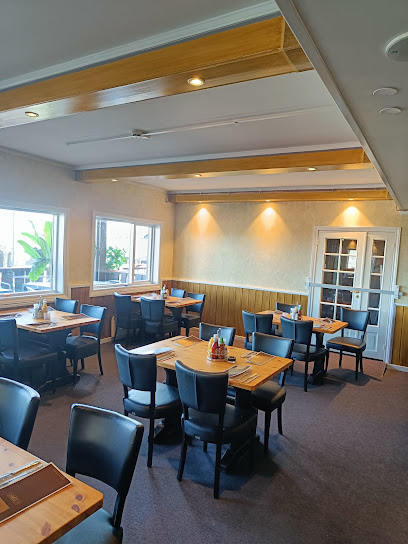
Casa Montagna
Experience authentic Norwegian cuisine in a cozy atmosphere at Casa Montagna, a culinary gem in Beitostølen.
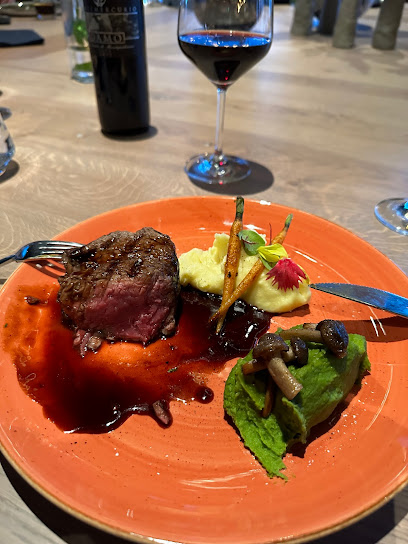
Local Phrases about Beitostølen
-
- HelloHallo
[ha-loh] - GoodbyeHa det bra
[ha de bra] - YesJa
[yah] - NoNei
[nay] - Please/You're welcomeVær så god
[Vair so goh] - Thank youTakk
[tahk] - Excuse me/SorryUnnskyld
[oon-skyld] - How are you?Hvordan har du det?
[vor-dan har doo deh] - Fine. And you?Bra. Og du?
[bra oh doo] - Do you speak English?Snakker du engelsk?
[snak-ker doo eng-elsk] - I don't understandJeg forstår ikke
[yeh for-stor ee-neh]
- HelloHallo
-
- I'd like to see the menu, pleaseJeg vil gjerne se menyen, takk
[yeh vil yer-neh seh men-yen, tahk] - I don't eat meatJeg spiser ikke kjøtt
[yeh spee-ser ee-neh shøt] - Cheers!Skål!
[skohl] - I would like to pay, pleaseJeg vil gjerne betale, takk
[yeh vil yer-neh be-tah-leh, tahk]
- I'd like to see the menu, pleaseJeg vil gjerne se menyen, takk
-
- Help!Hjelp!
[yelp] - Go away!Gå vekk!
[go vek] - Call the Police!Ring politiet!
[ring po-lee-tee-et] - Call a doctor!Ring en lege!
[ring en leh-geh] - I'm lostJeg har gått meg vill
[yeh har goht may vill] - I'm illJeg er syk
[yeh er seek]
- Help!Hjelp!
-
- I'd like to buy...Jeg vil kjøpe...
[yeh vil shø-peh] - I'm just lookingJeg bare ser
[yeh bah-reh seer] - How much is it?Hvor mye koster det?
[vor mew-eh kost-er deh] - That's too expensiveDet er for dyrt
[deh er for deert] - Can you lower the price?Kan du senke prisen?
[kan doo sehn-keh pree-sen]
- I'd like to buy...Jeg vil kjøpe...
-
- What time is it?Hva er klokken?
[vah er klok-ken] - It's one o'clockKlokken er ett
[klok-ken er et] - Half past (10)Halv ti
[halv tee] - MorningMorgen
[mor-gen] - AfternoonEttermiddag
[et-ter-meed-dag] - EveningKveld
[kveld] - YesterdayI går
[ee gor] - TodayI dag
[ee dahg] - TomorrowI morgen
[ee mor-gen] - 1En
[en] - 2To
[too] - 3Tre
[treh] - 4Fire
[feer-eh] - 5Fem
[fem] - 6Seks
[seks] - 7Syv
[seev] - 8Åtte
[oh-teh] - 9Ni
[nee] - 10Ti
[tee]
- What time is it?Hva er klokken?
-
- Where's a/the...?Hvor er en/et...?
[vor er en/et] - What's the address?Hva er adressen?
[vah er ad-res-sen] - Can you show me (on the map)?Kan du vise meg (på kartet)?
[kan doo vee-seh may (poh kar-tet)] - When's the next (bus)?Når går neste (buss)?
[nar gor nes-te (booss)] - A ticket (to ....)En billett (til ....)
[en bee-let (teel)]
- Where's a/the...?Hvor er en/et...?
History of Beitostølen
-
Beitostølen, a picturesque village in the Øystre Slidre municipality in Oppland county, has its roots deeply embedded in the agricultural traditions of Norway. The area was initially settled by farmers who utilized its fertile valleys and highland pastures for grazing livestock. Over time, the village developed around these agricultural practices, blending seamlessly with the breathtaking natural landscape.
-
In the mid-20th century, Beitostølen began to transform from a quiet farming community into a bustling ski destination. The opening of the first ski lifts in the 1960s marked a pivotal moment in the village's history. The development was spearheaded by local entrepreneur, Ola Einang, whose vision for Beitostølen as a premier ski resort brought new economic vitality to the region. Today, it remains one of Norway’s top ski destinations, attracting winter sports enthusiasts from around the world.
-
Beitostølen is not only known for its natural beauty and skiing but also for its rich folklore. The surrounding Jotunheimen mountains are steeped in myths and legends, often associated with trolls and other mythical creatures. These stories have been passed down through generations and continue to be an integral part of the cultural fabric of Beitostølen. Visitors can explore these tales through local festivals, guided tours, and storytelling sessions.
-
Beitostølen holds a special place in the history of the Paralympic movement. The Beitostølen Healthsports Center (Beitostølen Helsesportsenter) was founded in 1970 by Erling Stordahl, a blind musician and visionary. The center was established to provide rehabilitation and sporting opportunities for people with disabilities. It has since become an important institution, helping to promote inclusivity in sports and serving as a model for similar centers worldwide.
-
Today, Beitostølen is a vibrant village that harmoniously blends traditional Norwegian culture with modern amenities. Visitors can enjoy a range of activities, from hiking and mountain biking in the summer to skiing and snowboarding in the winter. The village also hosts various cultural events throughout the year, including music festivals, craft fairs, and traditional Norwegian celebrations. This blend of old and new makes Beitostølen a unique and captivating destination.
Beitostølen Essentials
-
Beitostølen is located in the Øystre Slidre municipality in Oppland county, Norway. The nearest international airport is Oslo Gardermoen Airport, approximately 220 kilometers away. From the airport, you can rent a car or take a bus to Beitostølen. The Valdresekspressen bus service runs daily from Oslo to Beitostølen and takes around 4 hours. Alternatively, you can drive to Beitostølen, which offers a scenic route through the beautiful Norwegian countryside.
-
Beitostølen is a small village, and many attractions are within walking distance. Local buses are available and connect different parts of the village as well as nearby areas. For more flexibility, renting a car is a convenient option for exploring the surrounding areas, including the Jotunheimen National Park. Taxis are also available but can be more expensive.
-
The official currency in Norway is the Norwegian Krone (NOK). Credit cards are widely accepted in Beitostølen, including in hotels, restaurants, and shops. ATMs are available for cash withdrawals. It is recommended to carry some cash for small purchases or in case you visit smaller establishments that may not accept cards.
-
Beitostølen is generally a very safe destination for tourists. The crime rate is low, and violent crime is rare. However, it is always advisable to take standard precautions, such as keeping an eye on your belongings and avoiding walking alone at night in unfamiliar areas. There are no specific high-crime areas targeting tourists.
-
In case of an emergency, dial 112 for immediate assistance, which covers police, fire, and medical services. Beitostølen has a medical center for minor health issues, and pharmacies are available for over-the-counter medications. It is recommended to have travel insurance that covers medical emergencies.
-
Fashion: Do dress in layers and wear appropriate outdoor clothing, especially in winter. Avoid overly casual clothing in fine dining establishments. Religion: Do respect local customs and traditions, although Beitostølen is not particularly religious. Public Transport: Do be polite and considerate to other passengers. Don't play loud music or talk loudly on public transport. Greetings: Do greet people with a firm handshake and maintain eye contact. Eating & Drinking: Do try local dishes such as reindeer meat and traditional Norwegian soups. Don't leave food on your plate, as it is considered wasteful.
-
To experience Beitostølen like a local, visit the local markets where you can buy handmade crafts and local produce. Engage with locals, as they are friendly and often willing to share tips about the best hiking routes and places to visit. Don't miss the opportunity to try cross-country skiing, a popular local activity. For a unique experience, take a husky sled ride or visit the nearby Jotunheimen National Park for breathtaking natural scenery.
Trending Landmarks in Beitostølen
-
Radisson Blu Mountain Resort, Beitostølen
-
Beitostølen Resort
-
Bergo Hotel
-
Beitostølen Skiheiser
-
Bryggerihuset AS (Brew House)
-
Steinplassen
-
Bitihorn
-
Beitostølen stadion
-
Lyskapellet
-
Beitostølen Mountain Park
-
Beitostølen Tourist
-
Bitihorn Rest Stop
-
Riddergaarden
-
Start hiking trail Synshorn
-
Beitostølen Sommerpark
Nearby Cities to Beitostølen
-
Things To Do in Molde
-
Things To Do in Ålesund
-
Things To Do in Bergen
-
Things To Do in Fredrikstad
-
Things To Do in Trondheim
-
Things To Do in Stavanger
-
Things To Do in Karlstad
-
Things To Do in Kristiansand
-
Things To Do in Östersund
-
Things To Do in Skagen
-
Things To Do in Örebro
-
Things To Do in Gothenburg
-
Things To Do in Frederikshavn
-
Things To Do in Västerås
-
Things To Do in Aalborg







